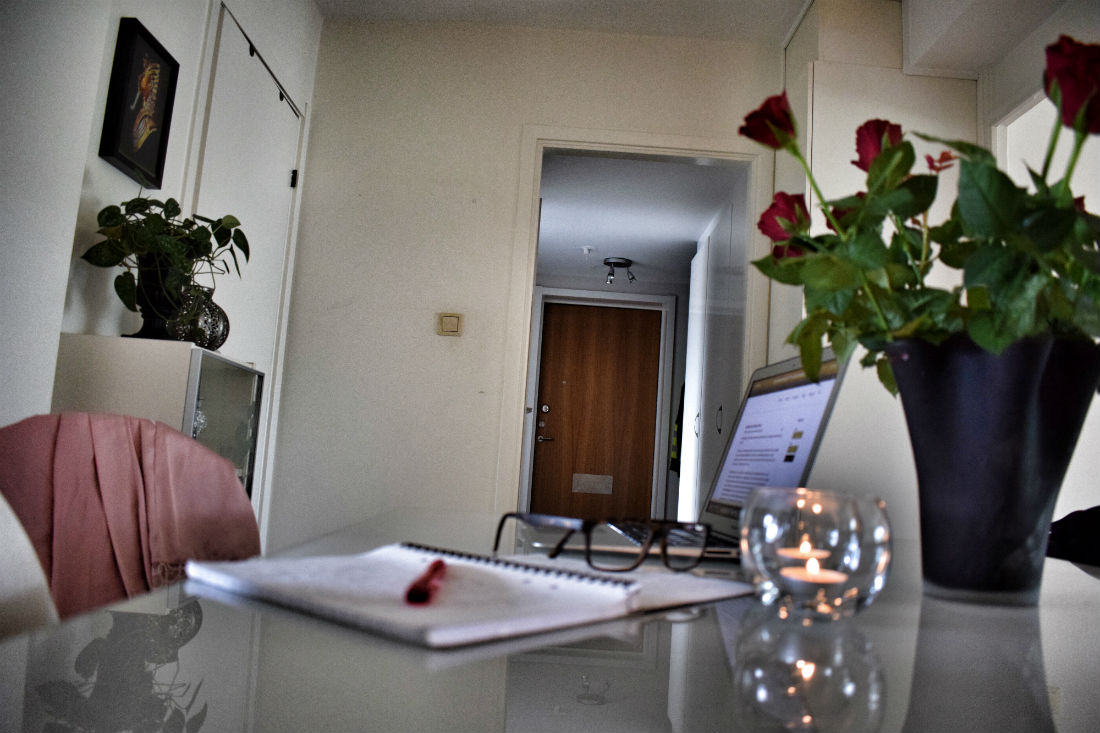Busy days and 19th century gender roles
Hi darlings,
Life progresses in a steady pace for most people but for me it feels like I’m just rushing at the moment. My days are filled with “musts”, everything from work to keeping up with the household to social activities. This season is often the slowest, but I can’t help but wonder how it became the busiest I’ve had in years. Hence, I’m not at all able to spend as much time as I’d like on the final revision of Kilonova Blues. There simply is not enough hours in my day right now. While I’m focusing on trying not to spread myself too thin, I stumbled across this description of the male vs. female gender roles during the 19th century as I was studying my evening class in gender. As if my mind wasn’t spinning enough already, it got me thinking about my next project, The Heritage.
For men it was about cultivating their intensity, endurance and solid character, and in popular medicine depictions of male biology, the hardness of the muscles, the body’s rough edges and general focus on movement and activity were emphasized. The links between the man and the emerging public life were in the beginning of the 19th century perceived as given, on a biological level. For example, doctors could argue that men’s bones were more massive than women’s, and that hardness even separated men from women at a mental level. Men’s alleged ability to keep their own self intact, to maintain their independence and to fulfill their individual endeavors, in the long run, seemed to be natural enough to withstand the stress and alienating work that characterized the modern market community. Intense competition for success demanded men with strong self-interest and a rationally calculating intellect. For the middle class women, there was another regulatory framework in place. They contributed materially to the establishment of the bourgeoisie’s prosperity and political power but tended to be associated with morals and feelings. The woman was expected to nurture her fertile body with the aim of producing a healthy offspring and was perceived as opposed to the man as soft, compassionate and dependent on her surroundings. The contours of the female body, the softness of the skin and the sensitivity of the nervous system showed signs that women should be ruled by others rather than controlling their own lives. Not least the ability for pregnancy and breastfeeding seemed to indicate that women were permeated by sex life and, contrary to the constantly advancing men, were intended for reproduction, repetition and conservation. Periods, sensitive nerves, pregnancies and general fragility claimed to make women of the higher classes of society unable to gain employment, but at the same time gave them a unique role to play as mothers, guardians, and breeders within the private sphere.
Lennerhed, Lena. 2006. Från Sapfo till cyborg: idéer om kön och sexualitet i historien.
(No English title available unfortunately, but it translates to “From Sapfo to cyborg:
ideas of gender and sexuality through history”.)
Is it normal to be almost done with a manuscript yet long to start with your next idea? I’ve heard many writers have trouble parting from their manuscripts, that they become like their babies. I on the other hand feel more like dumping Kilonova Blues on you guys any day now and just get your response already!
That’s all for now,
hej så länge!
Busy days and 19th century gender roles Read More »




